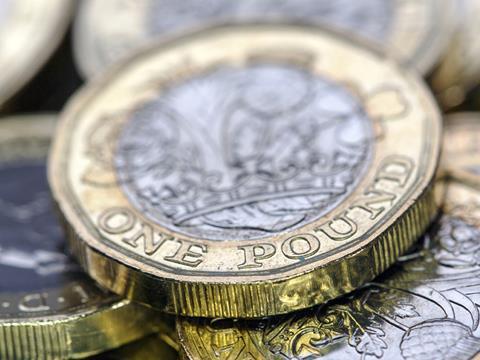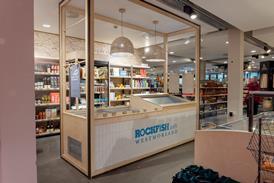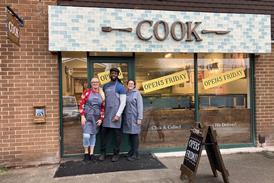
Political correspondents may be tearing their hair out at the latest machinations in Westminster, but the City remained remarkably stoic in the face of MPs’ overwhelming rejection of Theresa May’s Brexit plan on Tuesday.
While politicos digested the biggest defeat of a sitting government in modern British political history on Tuesday night, the markets shrugged off the turbulence. Despite the apparent increased threat of a no-deal Brexit and the presumption such an event would lead to a collapse in the value of the pound, sterling actually ticked upwards after the vote.
The pound had fallen about 0.7% against the euro to €1.1133 before the vote, but jumped up to €1.1257 in the minutes that followed and now remains at its highest level since November at €1.1439.
City observers speculation the markets are banking on the UK government shifting towards a softer Brexit to gain parliamentary support or even the scrapping of Brexit altogether – both of which would be supportive of the pound’s value.
The City was less calm about the unexpected announcement of the departure of Reckitt Benckiser CEO Rakesh Kapoor after eight years at the helm. Kapoor, who has overseen a surge in Reckitt’s share price as it shifted from a household goods business to a global consumer health giant, will retire from his post by the end of 2019.
Reckitt shares plunged 4.2% back to 5,990p on the news given City concerns over what his departure means for the strategic direction of the group.
Jefferies analyst Martin Deboo summarised: “The announcement compounds our sense of unease around RB: a feeling that the success model is finding its limits and that the loss of Pfizer has been a mortal blow.”
He added that a potential break-up of the group into separate healthcare and household businesses may not be the answer to weak recent share price performance.
“Bulls will feast on the prospect of a break-up, or even a bid, or the arrival of a ‘rock star’ CEO. Relative to which we see a complex separation project, a still-expensive asset with limited cost synergy, and an acute risk of tissue rejection,” he said.
UBS added: “Kapoor leaves RB with the highest EBIT margin amongst Global HPC peers but organic sales growth performance has slowed in recent years. We think it is possible that a new CEO will readdress margin structure. If margins were reset at a lower level, it should enable more investment to revive the top line.”
Elsewhere, cake and bakery specialist Finsbury Food Group slumped 10.5% back to 83.2p on Wednesday after revealing a drop in first-half sales.
Finsbury’s like-for-like sales were up 0.5% to £145.5m in the period, but due to the prior year benefiting from the trading of the bakeries closed in the first half of the year, total group revenue declined 3.5% to £152.3m.



No comments yet